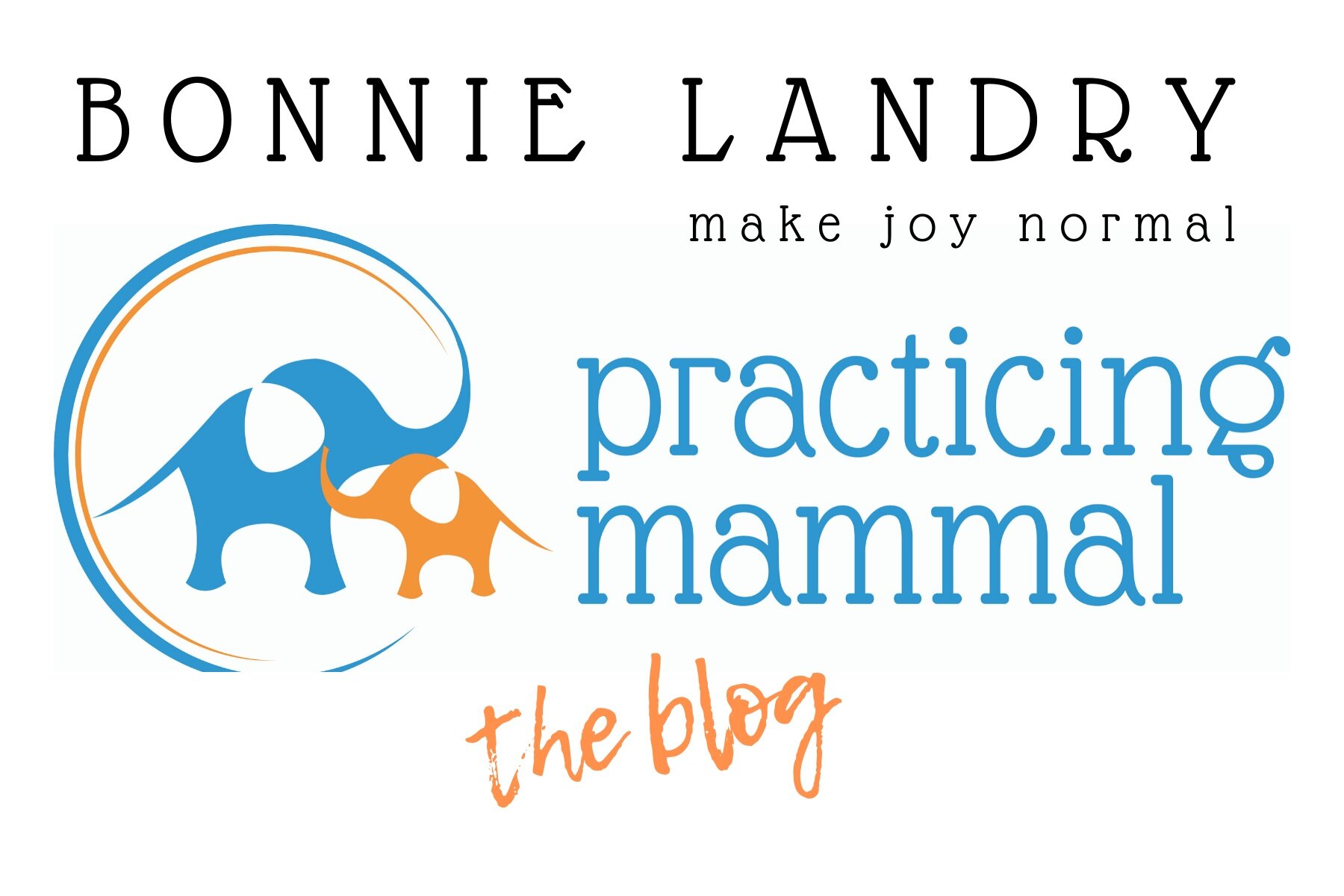the story book grows up
It really is that simple, my friends. The story book grows up. Each story book becomes a planned or Not Planned unit study. A cute little cross curriculum unit study. Every book has a setting. In Are You My Mother, it is the nest in the tree and the immediate countryside surrounding. Every story book is set somewhere in some time. Here is the potential to study geography, history, culture. Every story book uses words. Reading, spelling, vocabulary. Every story book has a plot. Characters, comprehension, climax. Every story book has in it some aspect of the world we live in. The animal world, the ocean, the country, the farm, the wild, the city, the moon or planets, sickness, sin, physical feats, war, love, babies, miracles, lies. The potential for the study of science and ethics and philosophy is limitless.
Good novels, are, really, just story books grown up. Growing up. There is a lot of crap out there for our young people, parents beware. But there are soooo many lovely books. More than I could ever read to my children in a lifetime. Fortunately, there are good literature guides out there too. More on that tomorrow. On every page of every novel I have ever, ever read to my kids, there are dozens of things to study. We can't possibly study them all.
So how do we do it, how do we find all that stuff? How do we know what to study? HMMM? In our family, I read while my kids eat breakfast and lunch. It is convenient for me, but I think the key isn't the food. It is the reading aloud. It is the experience shared. It is in having the right tools. Near my table where I read there are these things. Dictionary, thesaurus, encyclopedias, maps, globes, timelines. These are the tools of our trade. We use them all, daily. Here are the keys to knowledge and wonder, here at my finger tips. Usually kicking around on the table or the shelves around the table there are books relevant to whatever particular novel we are reading. Perhaps a map and timeline of the particular area or era we are reading about.
These are the tools that help us answer questions like Where is Greenland? What was the bristles on Roman helmets made of? What kind of ships did the Vikings use? Why did Rome fall? How does a bird build its nest? What do spiders really eat? What parts of the world do bears live in? Who was the English monarch during the French Revolution? Was the Scarlet Pimpernel based on a real person? Why couldn't Frodo throw the ring in?
Oh my goodness, what would I do without my encyclopedias? Run to the library every day? Nope, the moment would be lost. What if I wanted to finish math, and couldn't take the time to answer the why of a character taking revenge? What if, every time a moral question came up, I didn't have Time? What if they were ripe to know something, to beg to know more, and it didn't follow MY PLAN?
So here is what we do. I sit and read, they eat, then color or draw or crochet or play with tangrams or magnets or playdoh or anything that is semi quiet, including somersaults for the smaller set. The map and globe are there in front of them, the encyclopedias are there beside us, along with any other reference books that are relevant, the Bible, the Catechism. The timelines are there. And it is so casual, oh, look, there it is on the map, right next to France. Look, that happened here, 100 years after the Fall of Rome. Wow, look how far that is from where we live. Look, here is then, and here is us now. Just after Jesus came.
Our kitchen table is covered in a custom cut layer of thin plexiglass. We slide stuff under it. Maps and prayers and art and timelines and photos of people we love. A liturgical calendar. Any stuff we want. The plexiglass was about $200. And I dreamed of the day I could have it made, but for years, I used heavy clear plastic table cloth from the fabric store, for about $20 and replaced it every year or two.
And when you are outdoors. In your yard, at the beach, in the forest, in urban areas. There are ALWAYS weeds sticking up out of the cracks in the pavement. And bugs living on them. Why? How? Be prepared to wonder, be prepared for becoming absorbed. Be child-like in your desire to know. Carry field guides in your diaper bag. Maybe a magnifying glass. Find things out.
Make it a lifestyle.
Where ever you are, be aware of getting in close and ask the questions. Then step way back and ask those questions.

